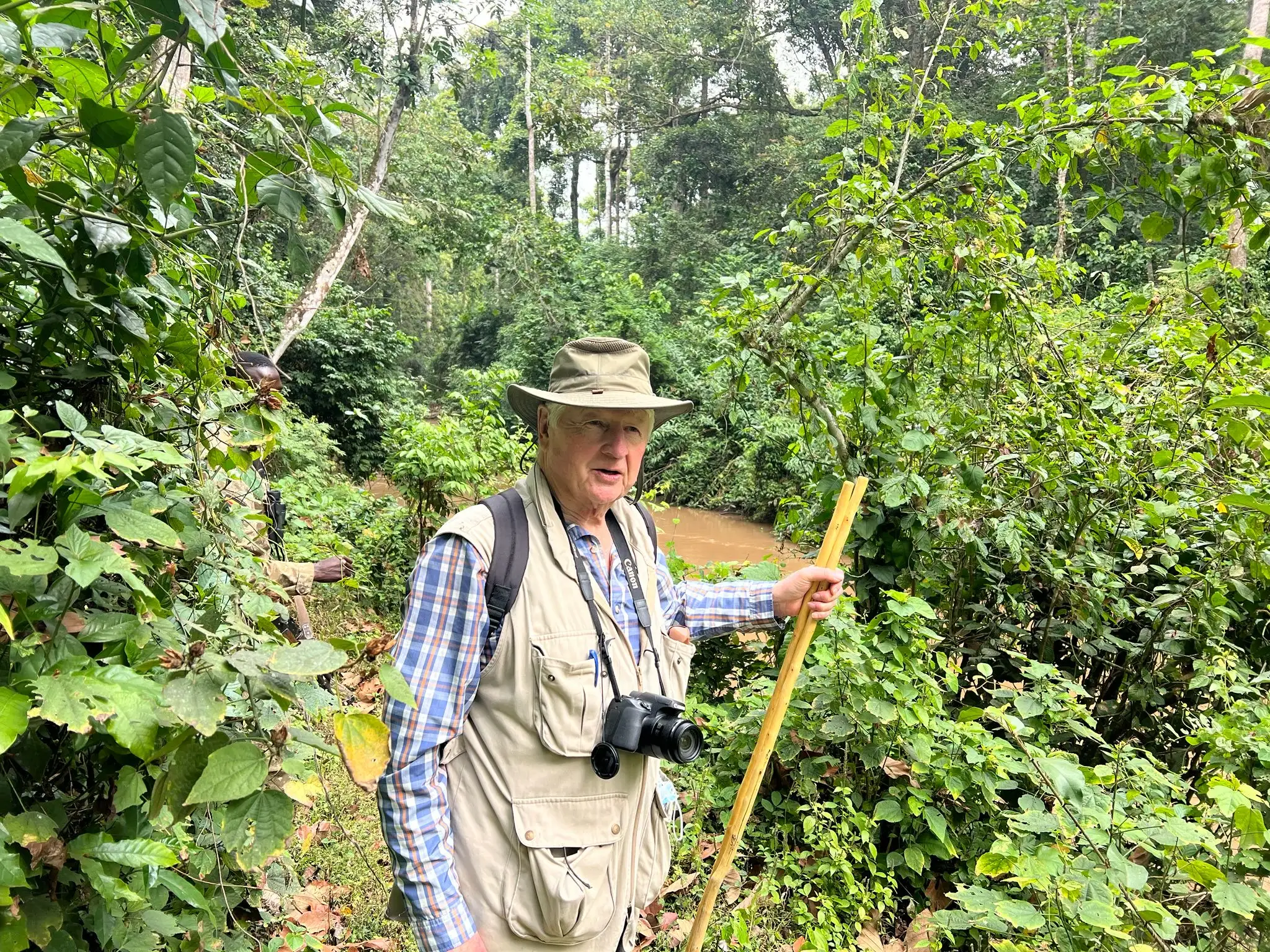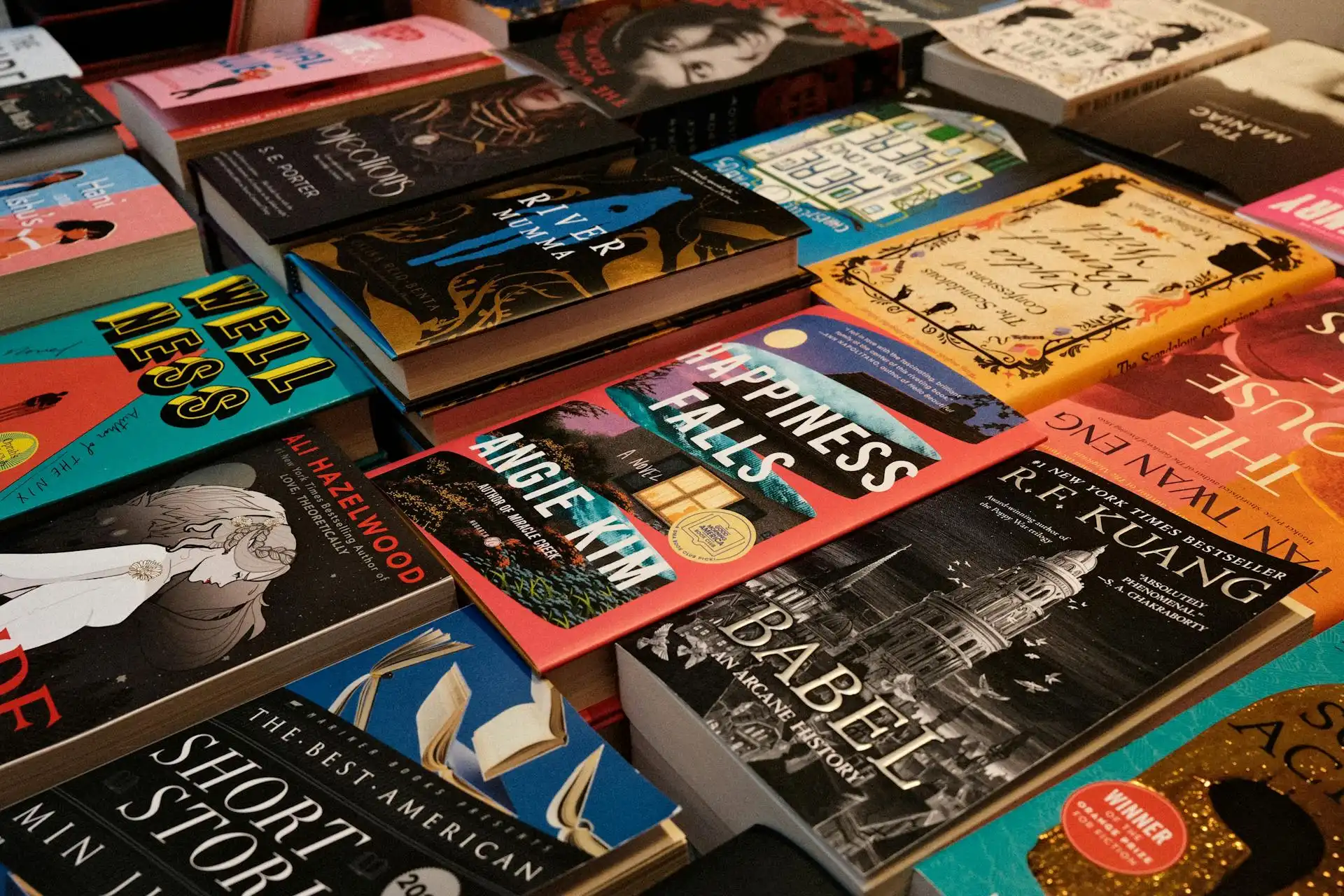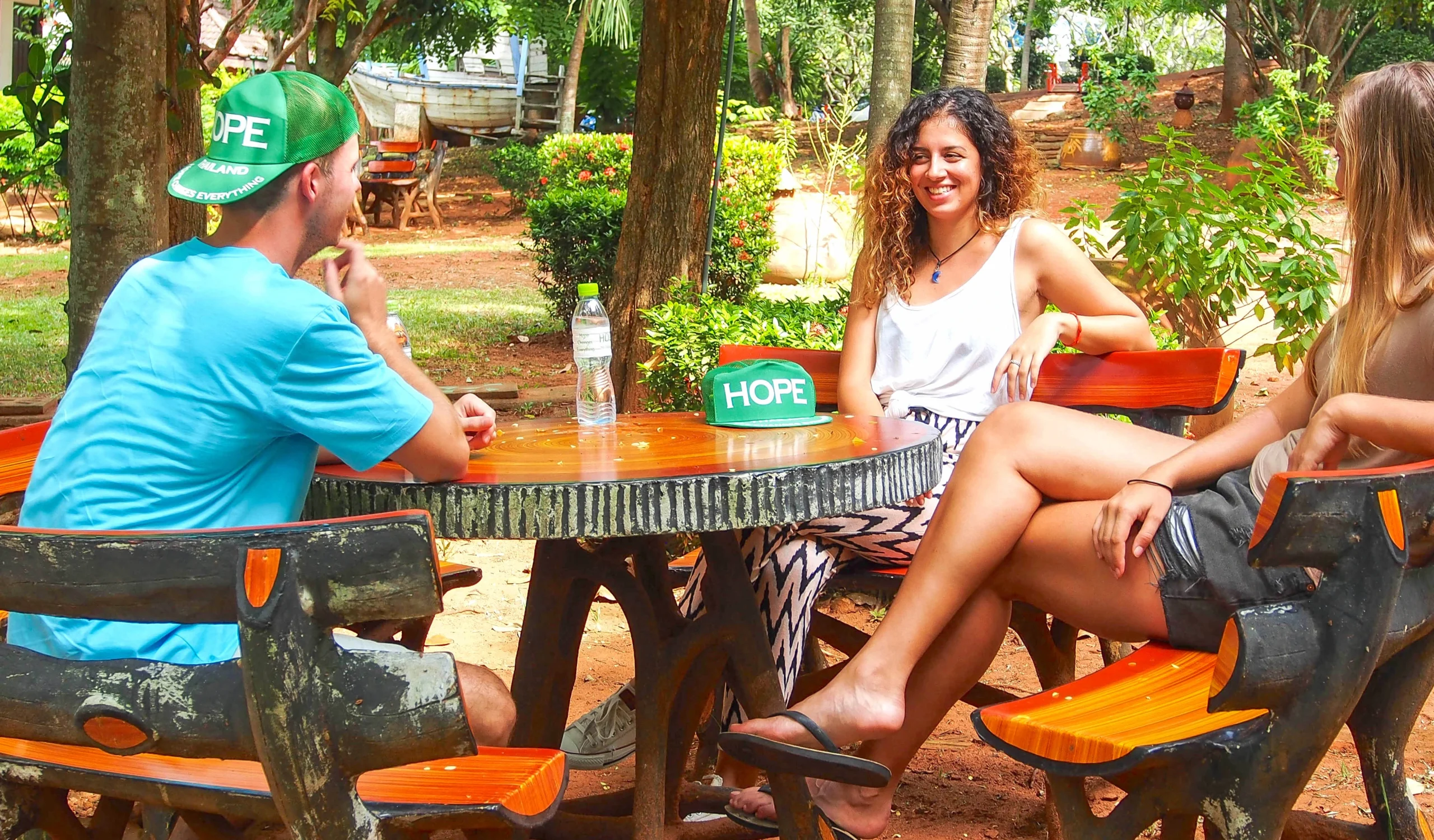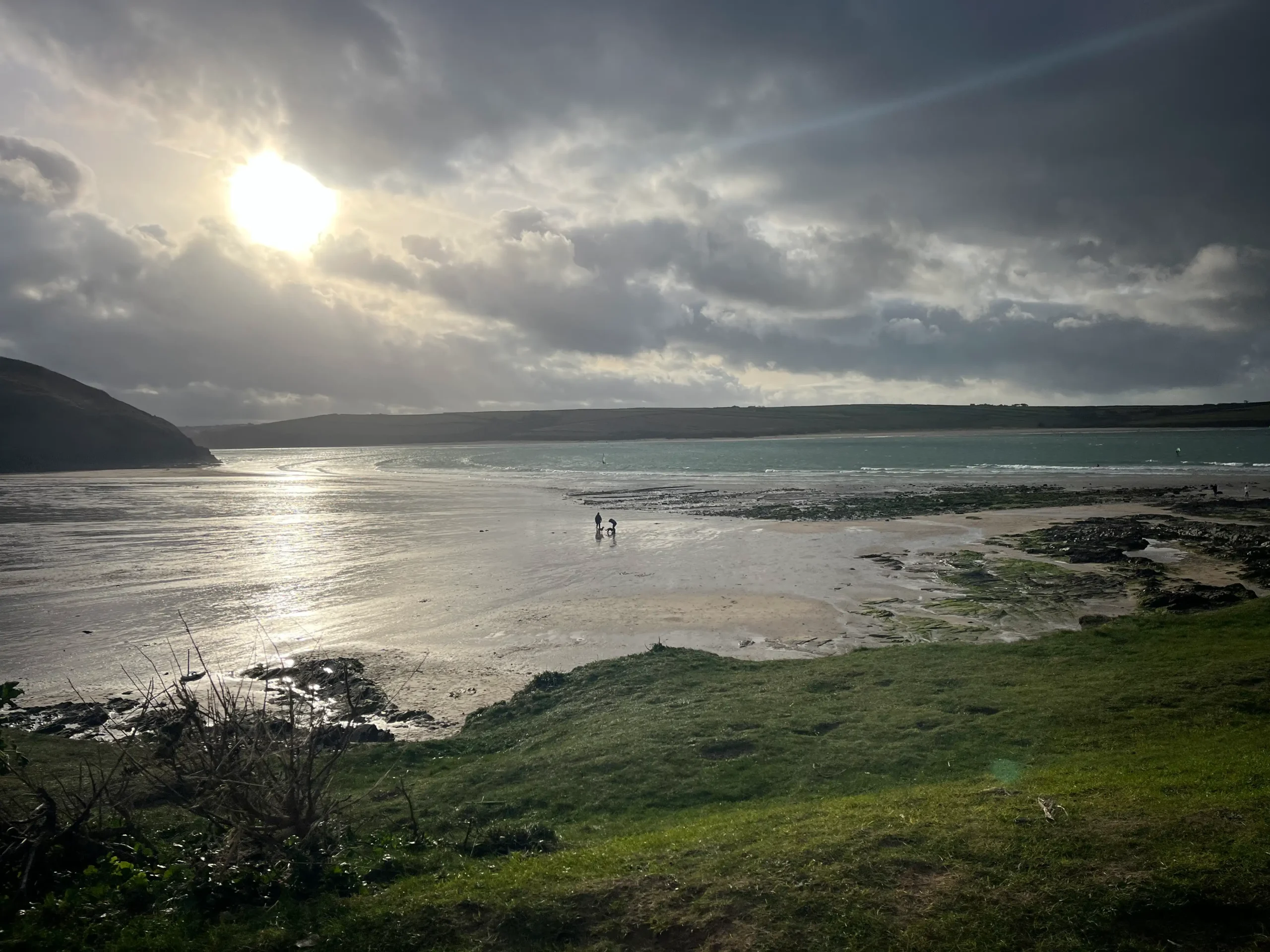The European Reads: two new guides for adults living with late autism and ADHD diagnosis

Sara-Louise Ackrill
- Published
- Lifestyle
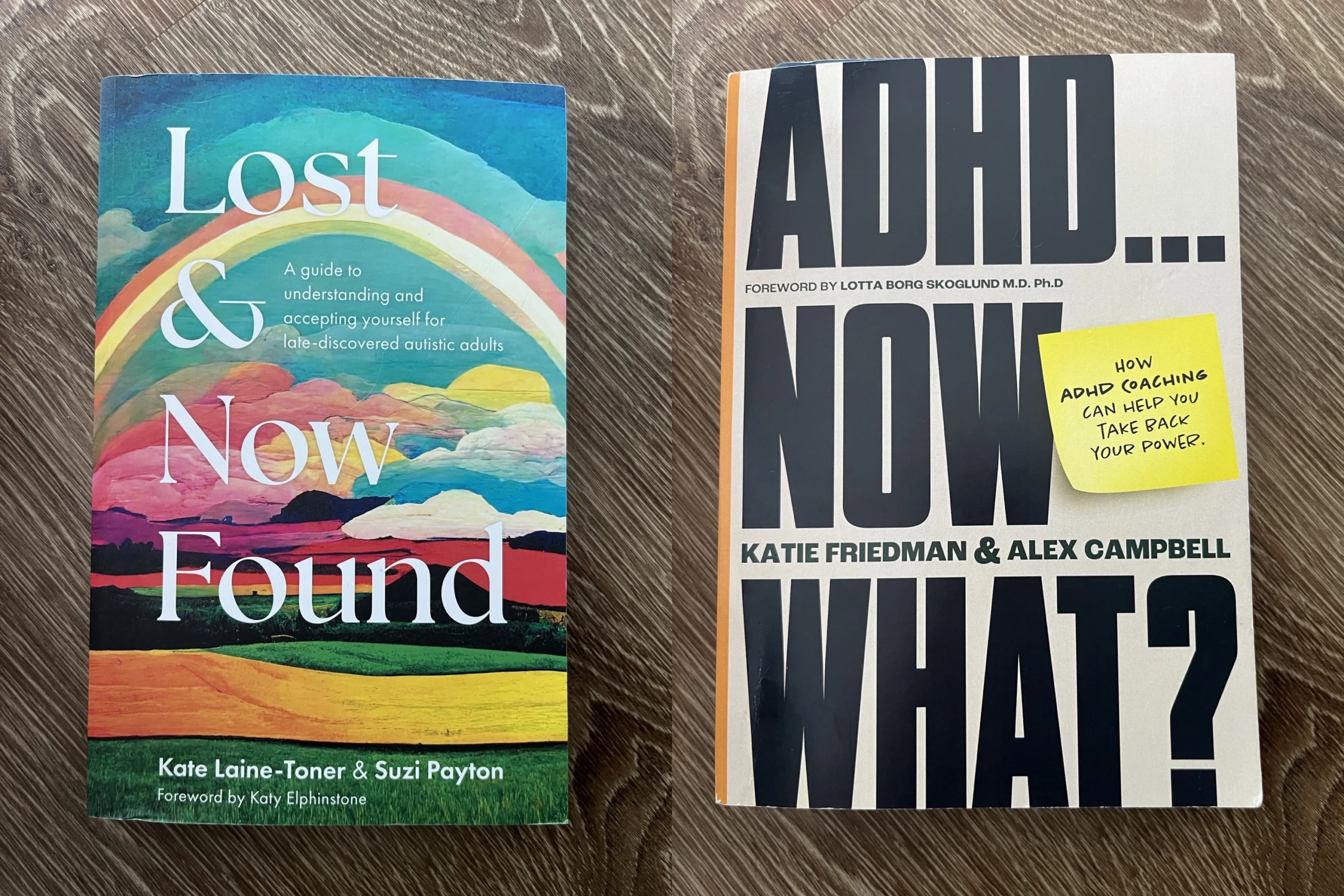
As diagnoses of autism and ADHD in midlife and beyond rise sharply, two new books from Jessica Kingsley Publishers offer practical roadmaps for people grappling with the question: what happens next?
Until recently, autism and ADHD were conditions most often associated with children. But in the past decade, thousands of adults in their forties, fifties and even retirement years have been diagnosed – or have come to identify – as neurodivergent. For many, this discovery comes after years of struggling with workplace difficulties, relationships that never quite fitted, or an enduring sense of being “out of step” with the world.
Media headlines frequently ask why so many people are now being diagnosed, or whether these conditions are being “over-diagnosed”. Such debates often overlook the realities driving late diagnosis: the profound dislocation of the pandemic, which stripped away routine and coping mechanisms; the cumulative toll of workplace restructures and redundancies that expose longstanding patterns; or the recognition, prompted by a child’s own assessment, that the traits in question have always been present in the parent too.
And yet, even when a diagnosis is confirmed, very few people leave the clinic with any kind of roadmap. The life-changing question of what now? is left hanging, and people must seek out their own answers. Books can be a lifeline in that search, offering clarity, companionship and practical guidance. Jessica Kingsley Publishers, well known for its focus on neurodiversity, has recently released two new titles aimed at adults coming to terms with a late diagnosis – one centred on ADHD, the other on autism.
Review: ADHD… Now What? by Katie Friedman and Alex Campbell
Paperback (£19.99) | Kindle (£12.99) | 224 pages | Jessica Kingsley
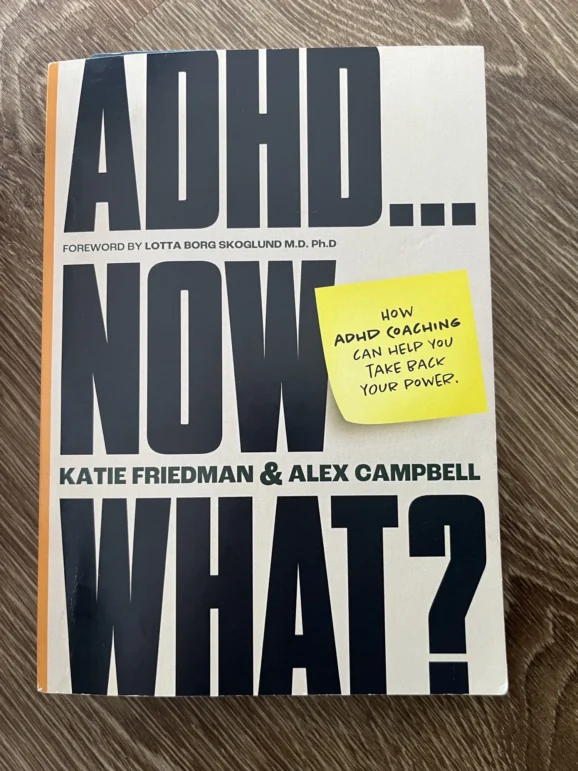
This is a high-quality book that covers topics many ADHDers will not only find helpful, but would struggle to find elsewhere without hiring a decent neurodiversity coach. Readers benefit from the expertise of two ADHD coaches, alongside contributions from a range of professionals.
The book will be particularly useful for those wanting to understand ADHD in the context of social systems and inequality – a perspective often missing in mainstream accounts. It offers depth for readers outside of diversity and inclusion roles, providing a modern and relevant take that avoids narrowing into a purely white, middle-class lens.
It is also valuable for anyone considering ADHD coaching as a next step in their journey. As a neurodiversity therapist and coach myself, I know that many people want to re-shape their careers once they begin to make sense of their condition. For under-employed or frustrated neurodivergent adults, coaching others can be a rewarding path.
Where to read – on the train, in the office, or at your work-based book club.
Value for money – not cheap, but worth it: the learning lasts a lifetime.
What you won’t get – alienating or self-indulgent memoir. The lived experience sections are carefully drawn so all readers can connect.
Easy to read? – yes, clear and accessible, and doubles as a reference text.
Review: Lost & Now Found: A Guide to Understanding and Accepting Yourself for Late-Discovered Autistic Adults by Kate Lane-Toner and Suzi Payton
Paperback (£14.99) | Kindle (£8.49) | 251 pages | Jessica Kingsley
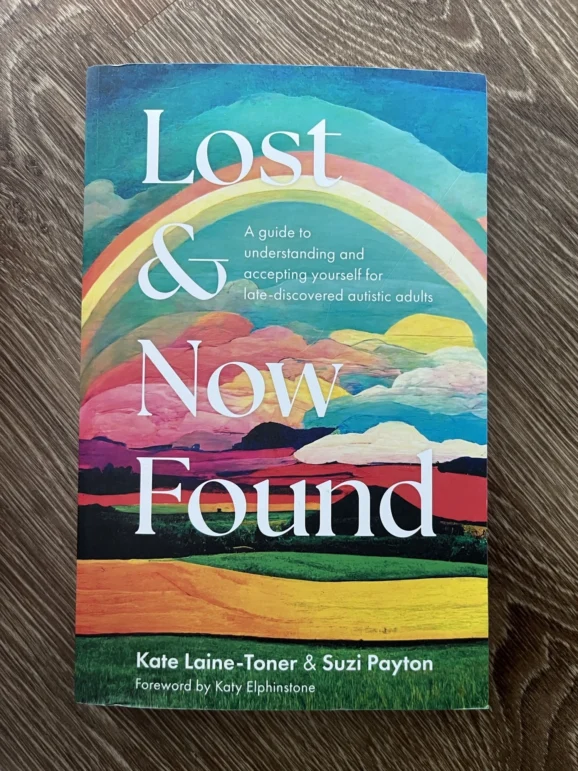
An affecting opening quote (which I won’t spoil) immediately set the tone, reminding me of my own diagnosis at 38. Lane-Toner and Payton, both proudly autistic, are realistic and far enough along their own journeys to serve as credible guides.
The book follows a linear and logical structure, covering the upheaval of diagnosis, explaining its importance to others, and exploring the process of building a sustainable sense of self. Particularly strong sections focus on communication, love and sex, and rediscovering passions – areas where my own clients often find little guidance elsewhere.
Unlike ADHD, there are no medications that can help autistic adults manage their condition, which can make autism feel more intangible and, at times, harder to navigate. That reality adds weight to the practical, lived insights this book provides.
Where to read – anywhere. The cover is warm yet neutral; you won’t feel self-conscious reading it on the Tube.
Value for money – excellent.
What you won’t get – a flimsy text that feels like it should have been a blog post. This is dense, wise and practical.
Easy to read? – very. Well written, engaging, and easy to dip in and out of.
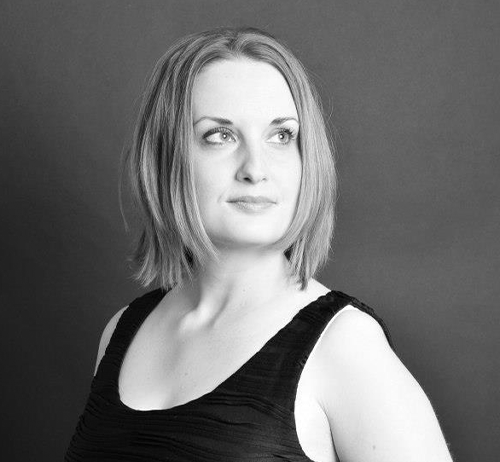
Sara-Louise Ackrill is a therapist, and co-author of The ND Lovers Club: How Neurodivergent Women Lust, Like, and Love. She is the founding CEO of Wired Differently and co-founder of Start Differently, a non-profit supporting neurodivergent people in employment and entrepreneurship. Sara specialises in workplace inclusion, neurodiversity awareness, and domestic abuse advocacy in professional settings.
RECENT ARTICLES
-
 The European Reads: Kalman & Leopold: Surviving Mengele’s Auschwitz
The European Reads: Kalman & Leopold: Surviving Mengele’s Auschwitz -
 The pearl of Africa: Stanley Johnson’s journey into Uganda’s wild heart
The pearl of Africa: Stanley Johnson’s journey into Uganda’s wild heart -
 A new green dawn: inside Aston Martin’s turbulent start to Formula 1’s 2026 revolution
A new green dawn: inside Aston Martin’s turbulent start to Formula 1’s 2026 revolution -
 WPSL targets £16m-plus in global sponsorship drive with five-year SGI partnership
WPSL targets £16m-plus in global sponsorship drive with five-year SGI partnership -
 Need some downtime? Head to Nerja for some serious decompression
Need some downtime? Head to Nerja for some serious decompression -
 How a book becomes a ‘bestseller' (and it’s not what you think)
How a book becomes a ‘bestseller' (and it’s not what you think) -
 Fipronil: the silent killer in our waterways
Fipronil: the silent killer in our waterways -
 Addiction remains misunderstood despite clear medical consensus
Addiction remains misunderstood despite clear medical consensus -
 New guide to the NC500 calls time on 'tick-box tourism'
New guide to the NC500 calls time on 'tick-box tourism' -
 Bon anniversaire, Rétromobile: Paris’ great motor show turns 50
Bon anniversaire, Rétromobile: Paris’ great motor show turns 50 -
 Ski hard, rest harder: inside Europe’s new winter-wellness boom
Ski hard, rest harder: inside Europe’s new winter-wellness boom -
 Baden-Baden: Europe’s capital of the art of living
Baden-Baden: Europe’s capital of the art of living -
 Salzburg in 2026: celebrating 270 years of Mozart’s genius
Salzburg in 2026: celebrating 270 years of Mozart’s genius -
 Sea Princess Nika – the ultimate expression of Adriatic elegance on Lošinj
Sea Princess Nika – the ultimate expression of Adriatic elegance on Lošinj -
 Hotel Bellevue, Lošinj, Croatia – refined wellness by the Adriatic
Hotel Bellevue, Lošinj, Croatia – refined wellness by the Adriatic -
 Padstow beyond Stein is a food lover’s dream
Padstow beyond Stein is a food lover’s dream -
 Love really is in the air. How to spot a sky full of heart-stealing stars this Valentine's Day
Love really is in the air. How to spot a sky full of heart-stealing stars this Valentine's Day -
 Cora Cora Maldives – freedom, luxury and a celebration of island life
Cora Cora Maldives – freedom, luxury and a celebration of island life -
 Hotel Ambasador: the place to stay in Split
Hotel Ambasador: the place to stay in Split -
 Maslina Resort, Hvar – mindful luxury in the heart of the Adriatic
Maslina Resort, Hvar – mindful luxury in the heart of the Adriatic -
 The bon hiver guide to Paris
The bon hiver guide to Paris -
 Villa Mirasol – timeless luxury and discreet elegance on the island of Lošinj
Villa Mirasol – timeless luxury and discreet elegance on the island of Lošinj -
 Lošinj’s Captain’s Villa Rouge sets a new standard in private luxury hospitality
Lošinj’s Captain’s Villa Rouge sets a new standard in private luxury hospitality -
 Villa Nai 3.3: A Michelin-recognised haven on Dugi Otok
Villa Nai 3.3: A Michelin-recognised haven on Dugi Otok -
 The European road test: The Jeep Wrangler Rubicon
The European road test: The Jeep Wrangler Rubicon


